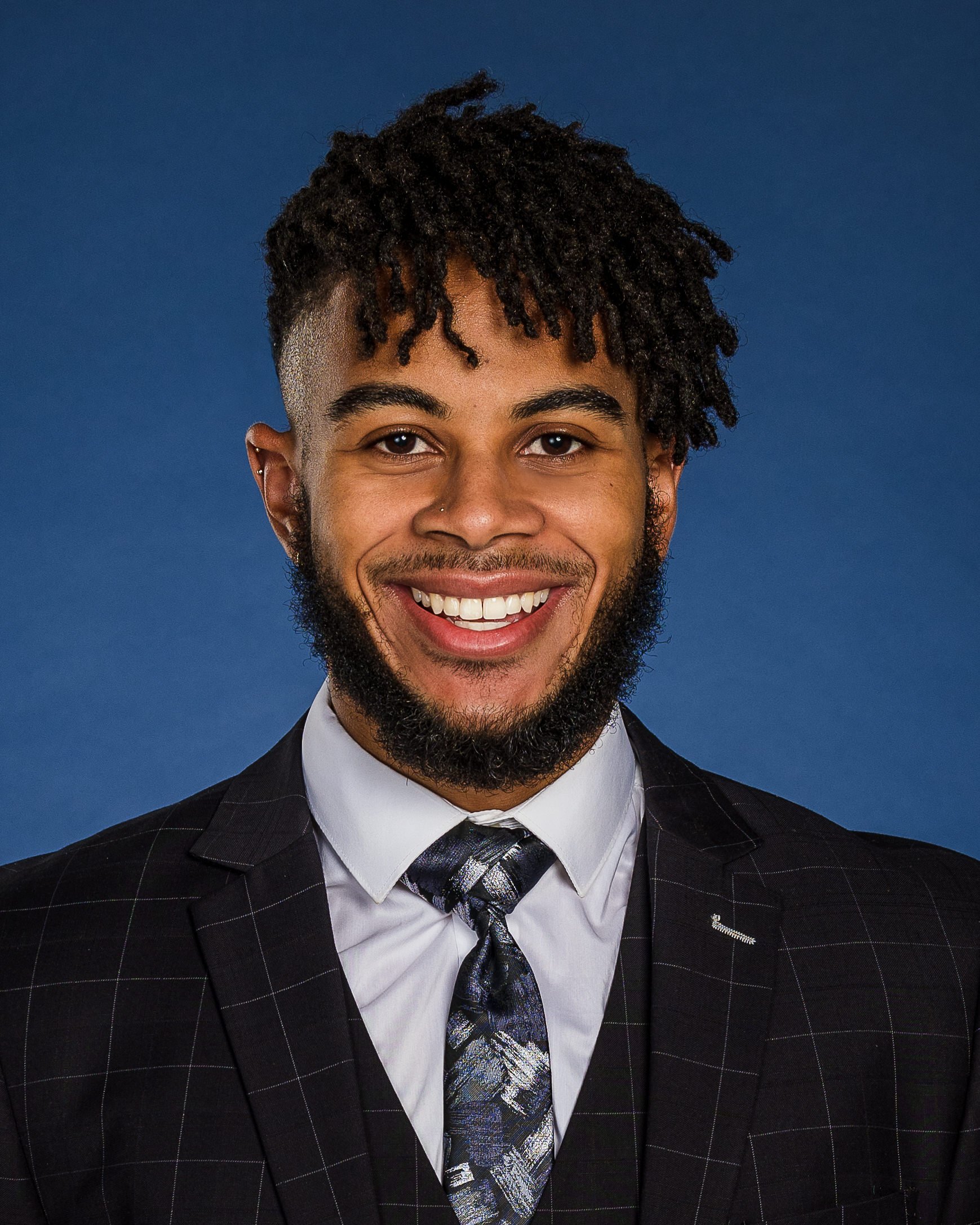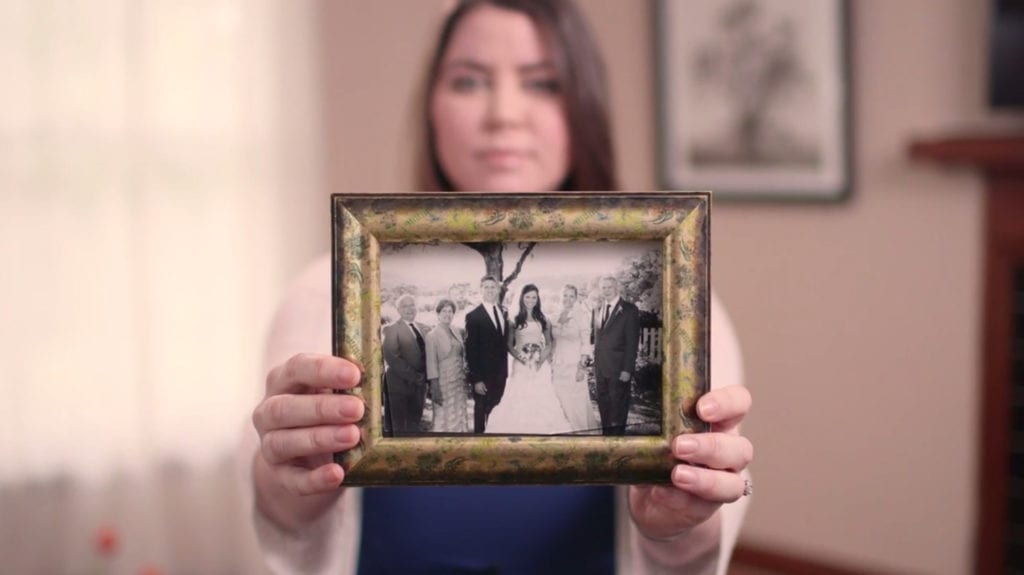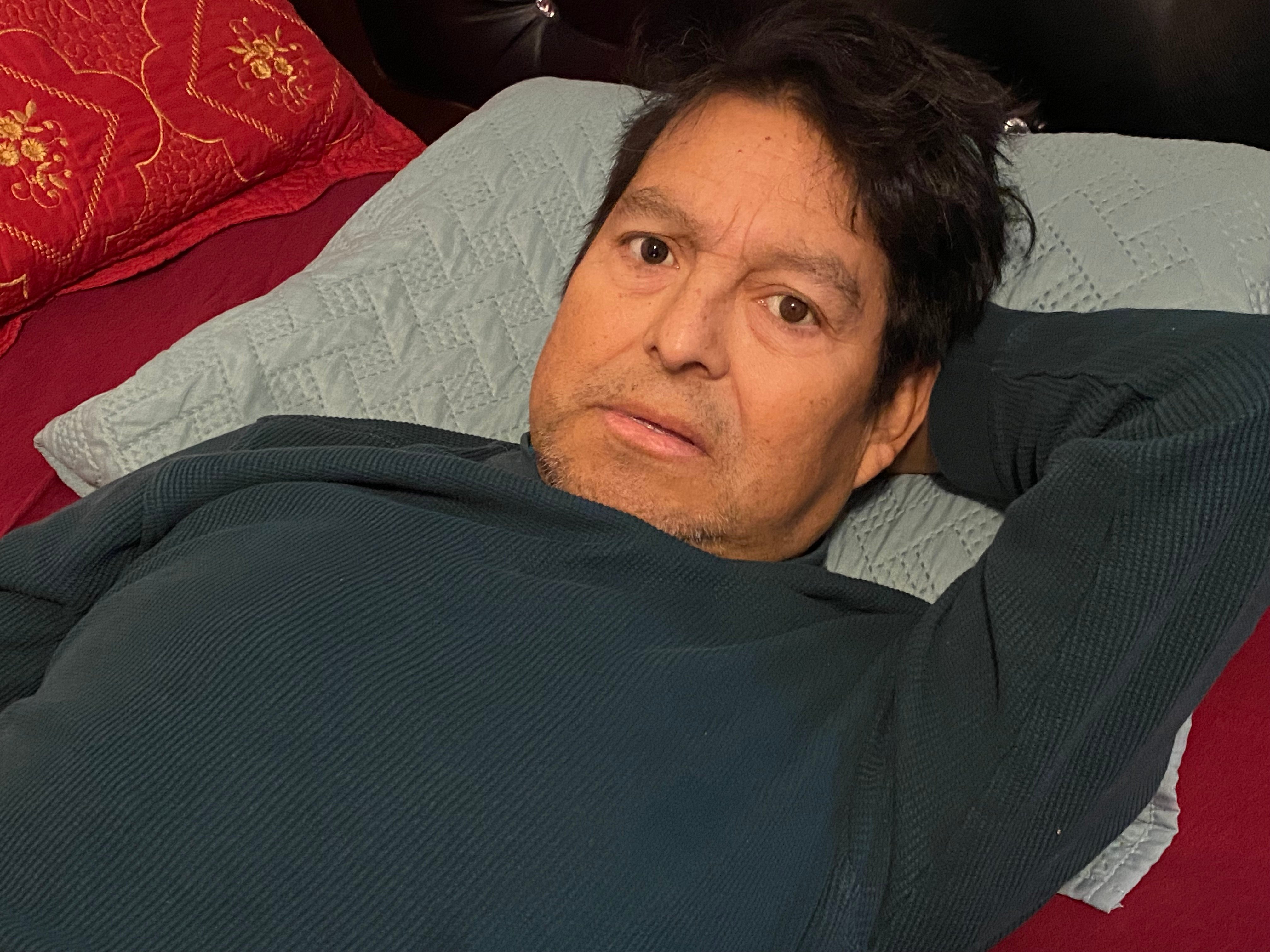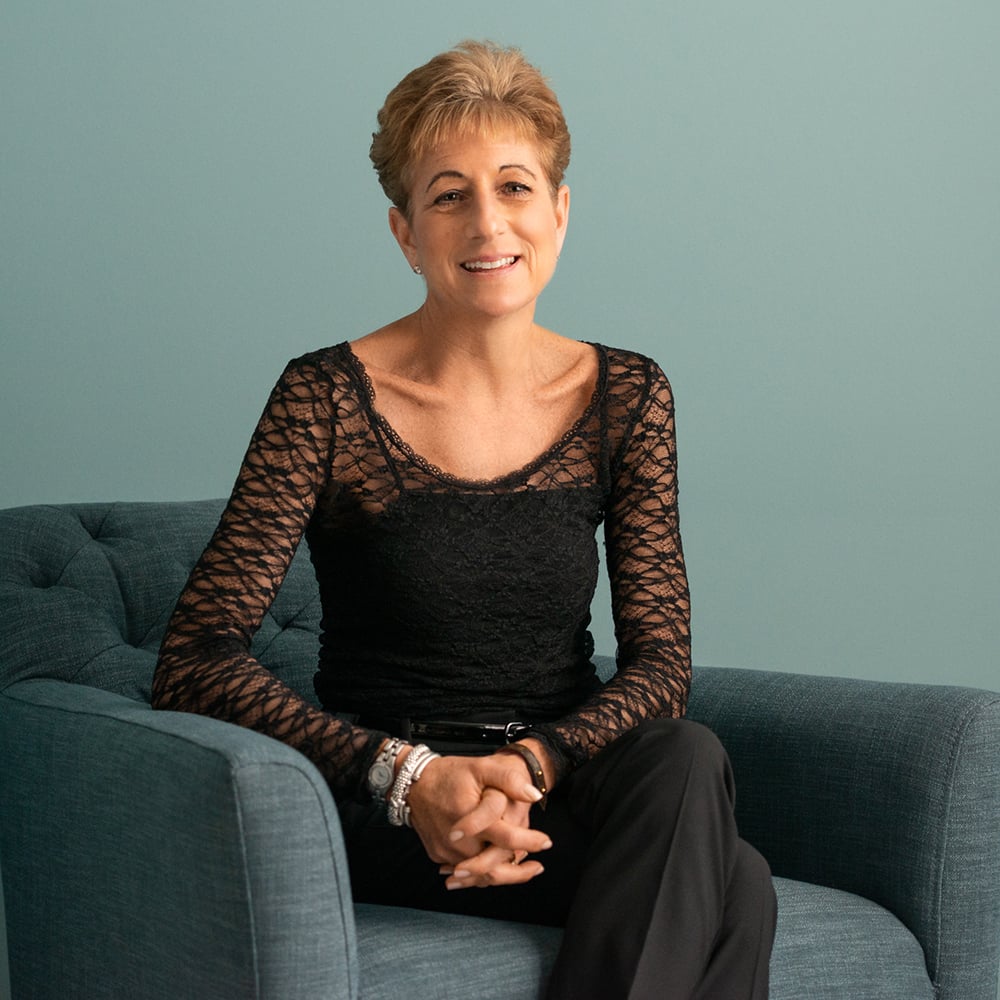Compassion & Choices is honored to welcome Bryan Redmond as the new End-of-Life Disparities Intern with our Doctors for Dignity program. Bryan is currently an MD PhD candidate at the University of Rochester School of Medicine and Dentistry in Rochester, New York. He will be joining Compassion & Choices this fall to research disparities in end of life care and support our outreach efforts with our physician advocates. To introduce Bryan to our organization, Compassion & Choices staff connected with him in an interview to learn more about his interests and what led him to medicine.
Question: Tell us a little bit about your background, where you grew up, and what led you to your current career path as a medical student?
I was born and raised in Memphis, Tennessee, attended undergraduate at Xavier University of Louisiana in New Orleans, Louisiana, and am now a medical student at the University of Rochester School of Medicine and Dentistry in New York. I’m in the Medical Scientist Training Program (MSTP), also known as an MD PhD program, and I’m completing a PhD in Neurobiology and Anatomy.
I was initially drawn to medicine because it combines two of my passions: helping others and science. I specifically wanted to take the scientific approach to improving the treatment options available for patients. Simultaneously, I want to be on the front lines, advocating for patient well-being and pushing for these treatments to be actualized in clinical settings. My research is in visual rehabilitation, focused intensively on helping occipital lobe stroke patients recover their vision. Current rehabilitation options for this patient population are slim to nonexistent, which really highlights an existing disparity in patient care. I’m excited to continue my research in this field and to expand the options that are currently available to patients, and to blend a data driven approach with genuine human connection so that we can improve patient care from the clinical level to the policy level.
Question: How did you hear about Compassion & Choices, and why are you interested in working with our Doctors for Dignity program?
I learned about this internship through a conversation with Dr. Rebecca Thoman at the Student National Medical Association (SNMA) Annual Medical Education Conference (AMEC) last year. We chatted a lot about dementia care, and Dr. Thoman explained some of the legislation that Doctors for Dignity and Compassion & Choices are currently advocating for, like medical aid for dying, and resources for folks suffering from dementia. I was already interested in end of life care, so this sounded like a really good fit.
I also find dementia care to be a particularly interesting and important area of healthcare policy, especially when I reflect on my own granddad’s struggle with dementia and my family’s experience with his diagnosis and subsequent passing. I can see how families like ours, and other underrepresented communities, could have benefitted from additional resources and options in the dying process.
I also want to help close the gap between existing research in best care practices and what policies are actually being implemented in the real world. You can do the best possible work in research, but it’s not helpful until the research findings have been conveyed to the right stakeholders. I think that Doctors for Dignity and Compassion & Choices are leading the push in creating research driven policy changes that really hone in on some of the causes of the current disparities in end-of-life care. And as a future physician scientist with a deep interest in health policy, I’m excited to learn more about this movement and help build up the network of stakeholders who can help us overcome these end-of-life disparities.
Question: What are you looking forward to in this internship? Do you anticipate any challenges in connecting with stakeholders outside of Compassion & Choices?
In medical school, we talk about every system in the body and every associated pathology. But we talk very little about death and dying. I think any future clinician could certainly benefit from having more conversations about palliative and hospice care, and about the services and resources that clinicians are supposed to offer. So I’m excited for the chance to learn more about this area which will improve the quality of care that I’ll be able to provide for my future patients.
I’m also excited to interact with different groups of people to talk about a subject that I find to be interesting, yet challenging. Unlike the vast majority of basic science topics in medicine, it’s difficult to talk about death using purely quantitative data; instead, each death is about honoring the priorities and values of the dying person and their family. I think that this internship will give me the opportunity to explore current research on end-of-life care options so that I can equip myself with the best tools to approach end-of-life discussions with diverse groups of people. I’m a part of a lot of different community groups that could really benefit from having these conversations, and I’m excited to help share with them this information.
Even though I’m excited for these conversations, I know that they’ll be pretty tough. I know that some patients might not be receptive to some of the options that I’ll be discussing. I wouldn’t say that I’m particularly nervous about giving presentations and chatting with different groups, but I do anticipate engaging in tough conversations and receiving push back about why I advocate for palliative care, hospice care, and medical aid in dying. But I’m hoping that I can at least give people who disagree with me some food for thought so that when the time comes for them to make decisions, they might be able to look at end of life care from a different perspective.
Question: Outside of work and school, what keeps your interest? How do you spend your free time?
I’m a gym addict. I’m a visual science researcher, but visual perceptual training is primarily rehabilitation. And as a rehabilitationist, I love going to the gym. I’m also currently binge watching How to Get Away With Murder; love me some Viola Davis and The Mentalist; Patrick Jane is sensational. And I also play basketball in a league with some doctors, nurses, and medical students. It’s very competitive, it gets heated on the court. But we always have a good time.
Bryan will be working with Dr. Rebecca Thoman, Compassion & Choices Doctors for Dignity (D4D) Director. D4D is a network of more than 2,000 physicians from across the country who support a full range of end-of-life options, including medical aid in dying, and are addressing end-of-life disparities through education, advocacy and empowerment. To learn more about Doctors for Dignity and get involved with their advocacy efforts, please visit their webpage and get in touch!






